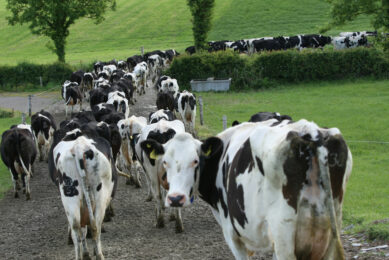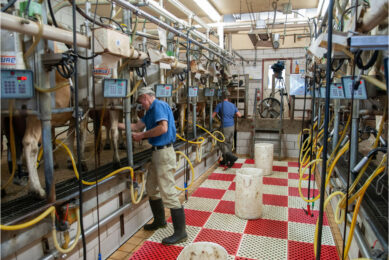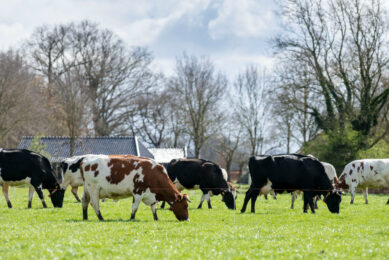Irish dairy farmers angered by imposed nitrates derogation cuts
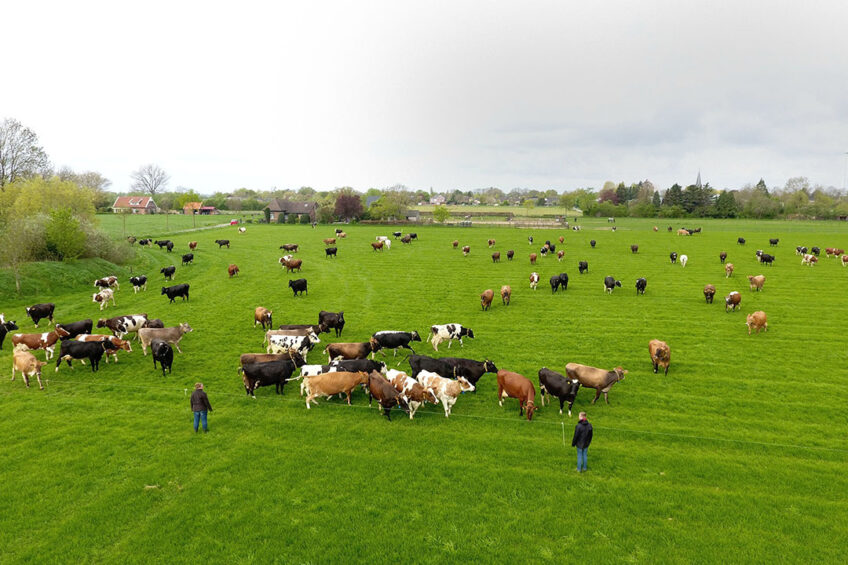
Dairy farmers in the Republic of Ireland say the government does not care for the agriculture industry after threatened cuts to the country’s nitrogen derogation levels were imposed.
The current derogation limit of 250kg/ha was due to expire on 1 January 2026, but Ireland’s failure to improve water quality has forced an EU reduction to 220kg/ha. This new level is set to commence on 1 January 2024 in some areas, affecting around 3,000 farmers, ultimately forcing them to reduce cattle numbers or find more land to rent.
Irish government negotiations with the European Commission to retain the original level failed after agreed targets for water quality improvement were not met. Dairy farmers are furious and have blamed the government for putting the future of Ireland’s multi-billion euro dairy industry in jeopardy.
To make matters worse, Ireland’s Agriculture Minister Charlie McConalogue said there was no chance of changing the Commission’s mind.
Current derogation
The EU’s Nitrates Directive permits the use of a maximum 170kg of organic nitrogen per hectare. The directive allows for a time limited derogation from these rules in certain circumstances.
At present, Ireland’s derogation permits the use of up to 250kg per hectare on derogation farms. Ranging in size from small to large, all across the country, these more intensively stocked farms apply a range of additional measures beyond standard requirements to mitigate the risk to water quality.
McConalogue said: “I made a strong case to Commissioner Sinkevicius for the retention of Ireland’s 250kg/ha derogation until the next review, based on Ireland’s unique, grass-based agricultural system, the measures farmers had already taken to improve water quality, and the need for additional time to see the results of these measures in our water quality indicators.
“The Commissioner made it clear that Ireland is one of only 3 remaining member states with a derogation, while stressing that there is no prospect of re-visiting the current decision. It may be possible to make some very minor adjustments to the current mapping based on scientific parameters, but these are unlikely to affect the vast majority of derogation farmers.”
He added: “It is critical now that derogation farmers, with the help of their advisors, make the necessary arrangements to manage their holdings within the derogation limits applying from 1 January next year,” he said.

Furious dairy farmers
However, farmers’ anger has been compounded with some groups accusing the government of “selling out family dairy farms” and “rolling over for the EU Commission”.
Pat McCormack, a dairy farmer and president of the Irish Creamery Milk Suppliers Association (ICMSA), said the government’s “abject surrender” on the issue meant that Ireland’s multi-billion euro dairy sector was now in “a very dangerous place” due to failing farm prices and production restrictions.
McCormack said: “Against most of the evidence ICMSA has wanted to believe that the more realistic elements of this government understood that the continuation of Ireland’s 250kg derogation from the Nitrates Directive was both absolutely necessary and eminently possible if we were willing to mount a skillful campaign based on the evidence that is already emerging.
“No such campaign was ever mounted by this government and this Minister and consequently we have had our nitrogen limits reduced to 220kg in defiance of all the evidence, economic and environmental, that the existing 250kg is perfectly compatible with improving water quality while maintaining the production capacity so indispensable when prices are falling to the extent that farmer revenue will be down by in excess of €2 billion this year,” he said.
“There’s no point in being polite here. The government’s defence of our position was just downright unacceptable and amounted to an abject surrender of what was and is a vital national sector.
“Our grass-based dairy sector is the jewel in our agri- crown and the government, without a murmur of complaint from Minister McConalogue, just handed over an absolutely key component to the EU Commission with nothing coming back to us.
“Fiddling around with the maps and trying to localise the impact just compounds the concession and fools no-one. Even today, even after this surrender, farmers cannot check their nitrates figures online and there’s no firm date for this online check facility to be put in place.
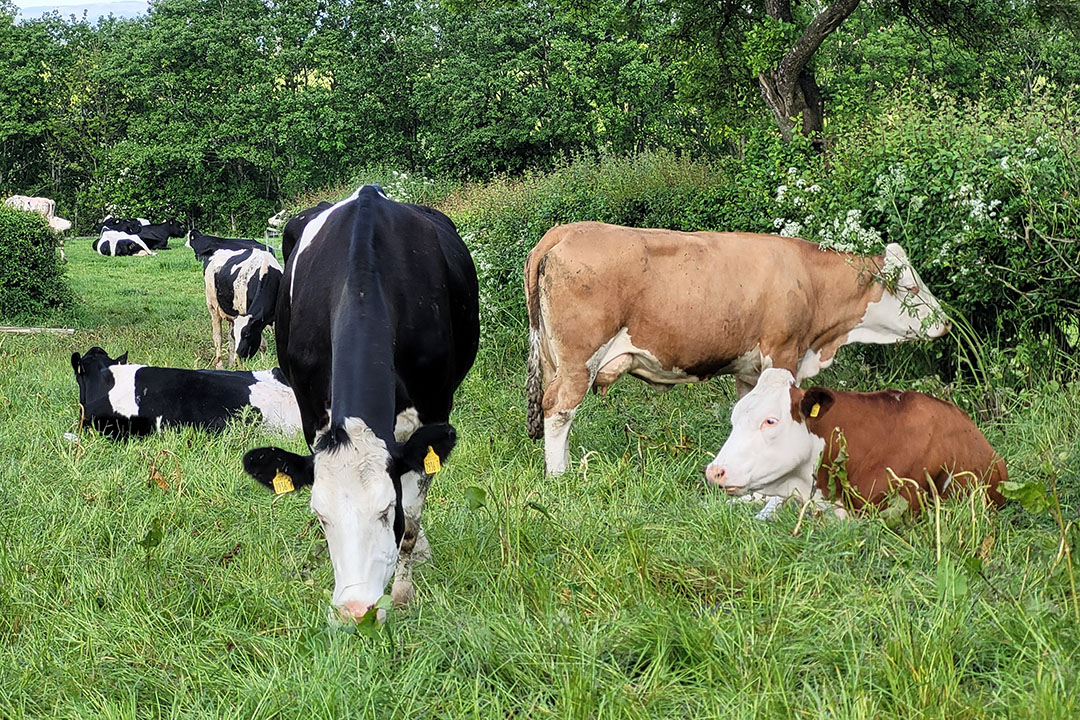
“The degree of real commitment shown by our government can be gauged by the fact that they didn’t even travel over to Brussels to make the case.
“They were happy to be told off via a video call and that’s just about all they deserved. Everyone connected with this disaster – and I’m specifically including the government’s backbench TDs – should be ashamed of this whole episode and will have to own the consequences,” said McCormack.
Sustainable dairy
Cork dairy farmer, Patrick Burke, added: “As a smaller farmer on a family dairy farm doing our best to improve, expand and make a sustainable living, this derogation news is a massive kick to the stones – totally disheartened with our agriculture minister and a totally out of touch government.
“This will put many family farms out of business and be a total knock on rural economies. It will cause a further increase on rentable ground, push drystock farmers out of their sector and put more tillage ground under pressure.”
Join 13,000+ subscribers
Subscribe to our newsletter to stay updated about all the need-to-know content in the dairy sector, two times a week.




